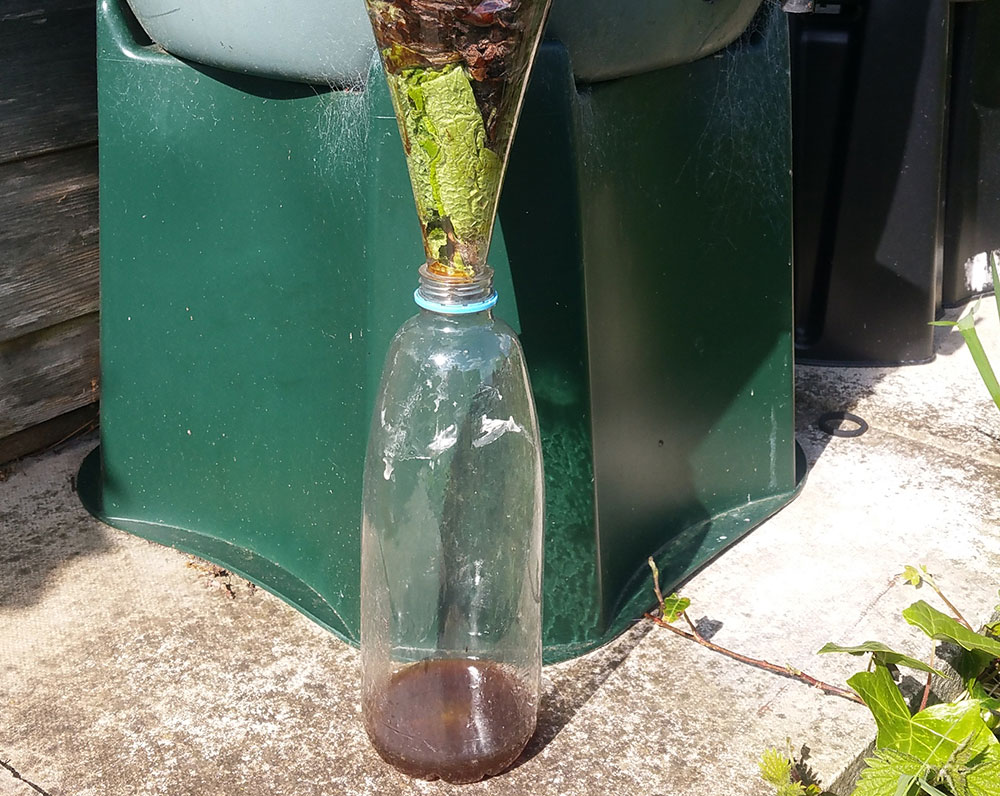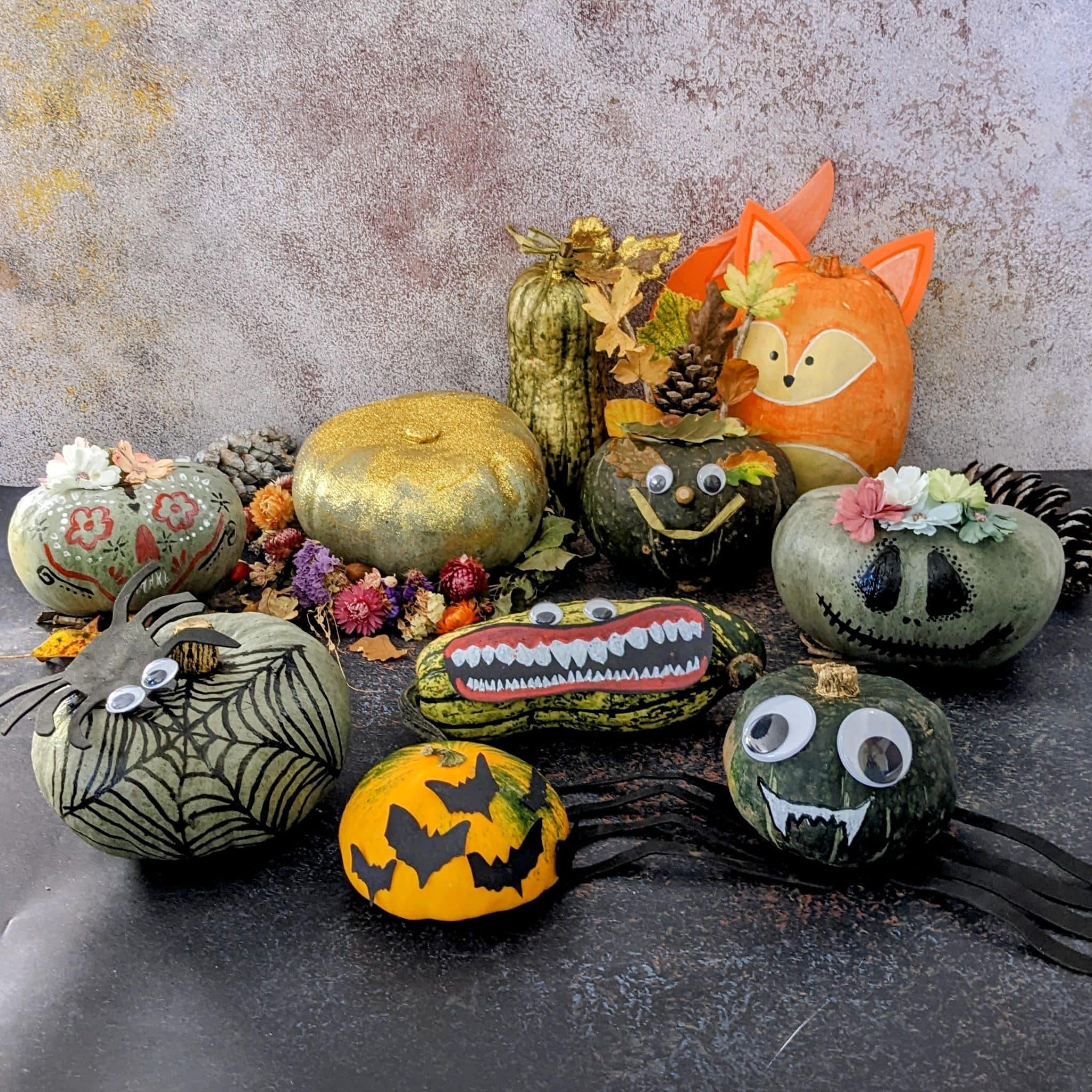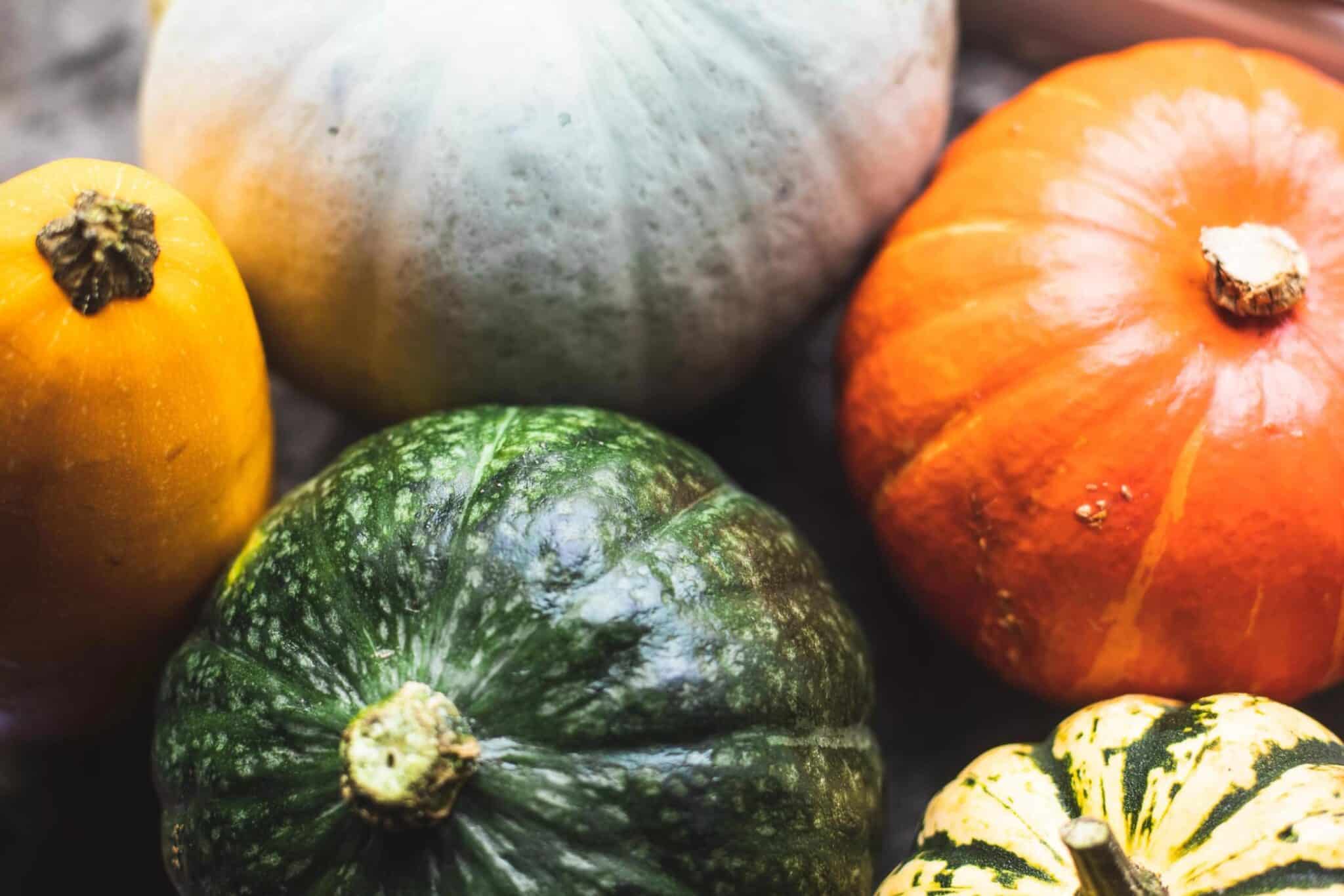Liquid plant feeds are an invaluable way of ensuring your plants don’t run out of steam – particularly those growing in pots. By providing nutrients in a soluble form, liquid feeds provide an instant ‘hit’ that the plant can take up quickly.
There is a bewildering array of products available, but before you get out your wallet, try making your own – it’s simple, sustainable and free! Soaking plants and making a ‘tea’ is easy. You can even make a brew from your homemade compost.

1. Plant-based liquid feeds
Some plants are much better-suited to this task than others: my two favourites are comfrey and nettle.
Comfrey: Russian comfrey (Symphytum × uplandicum) makes a brilliant liquid feed. It contains almost exactly the right balance of the key minerals used in any commercial plant fertiliser – nitrogen, potassium and phosphate. It is much faster-growing than the traditional wild comfrey (Symphytum officinale), and the added bonus of the Bocking 14 variety is that it will not spread around the garden (comfrey can be a bit of bully in the veg patch). Use the comfrey brew anywhere, but particularly on your tomatoes and flowering clematis, and it’s something that commercial organic growers also use.
Nettle: Nettles also make a good plant feed – they have more nitrogen and less potassium than comfrey, so are best for feeding leafy greens. Select younger leaves, as they contain more nitrogen and less tough cellulose and lignin, so they break down quickly in water.

Making the feed
The joy of a home brew is that you can choose your quantities. From a small bucket to a large barrel – all you need to do is steep the leaves in water. Or you can use a compression method to make a more concentrated extract. The latter is a little more effort but far less smelly.
Steeping: Fill a container half to three quarters full with leaves, top up with water, then cover. It’s as simple as that. Wait three to four weeks, then strain the solution off. There’s no exact science to this, but you can dilute the mix with water to get the colour of weak tea, just before it is used. Make sure you have a tight fitting lid as it can get quite smelly.

Compression: For the compression method, find a container with a hole in the bottom and fill it with leaves. An upturned two litre plastic lemonade or milk bottle with the bottom cut off works well. Place a weight on top of the leaves to compress them and a vessel underneath your container to catch the concentrated brown liquid. The liquid will be ready in a few weeks, and should be diluted with approximately 10 parts water prior to using, again aiming to achieve the colour of weak tea.
2. Compost tea
Brewing a tea from your compost is a good way of extracting the nutrients into a form that the plants can take up rapidly. The simplest method is to one-third fill a bucket with mature compost, then add water up to the top. Leave to brew for one week, then strain the resulting liquid. Suspending the compost in a permeable sack, like a large teabag in the water, will give a better extraction. This should be diluted with 10 parts water prior to using.
Go on – give your plants a brew!
The Grow Your Own Wicked Leeks series is written by Garden Organic, the national charity for organic growing.
Each month we bring you timely advice on what to do in your organic patch. We hope they inspire you on your organic growing journey, whether you’re an experienced grower or just starting out. Share your own tips and gardening photos on social media under #GYOWickedLeeks.















0 Comments